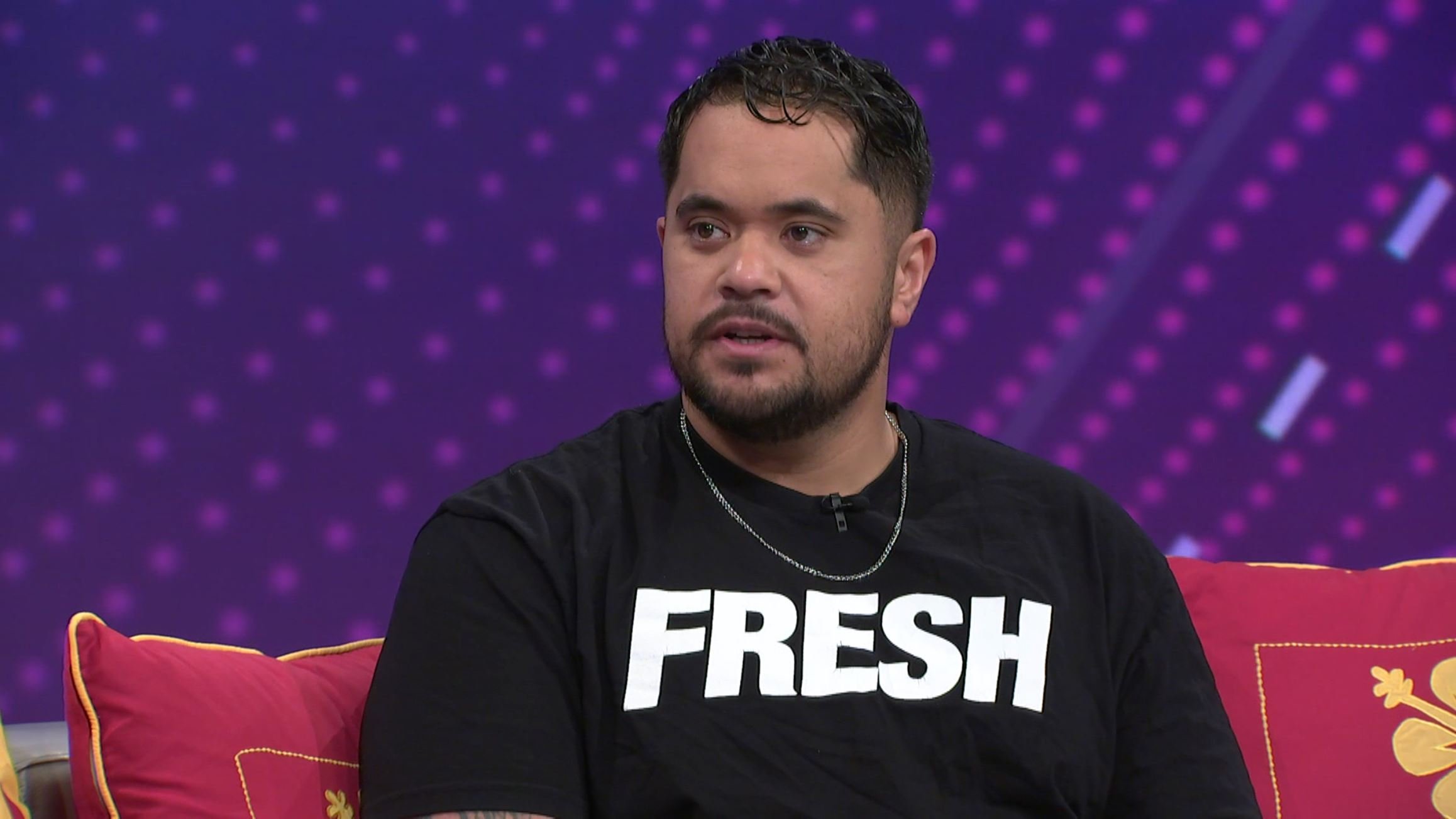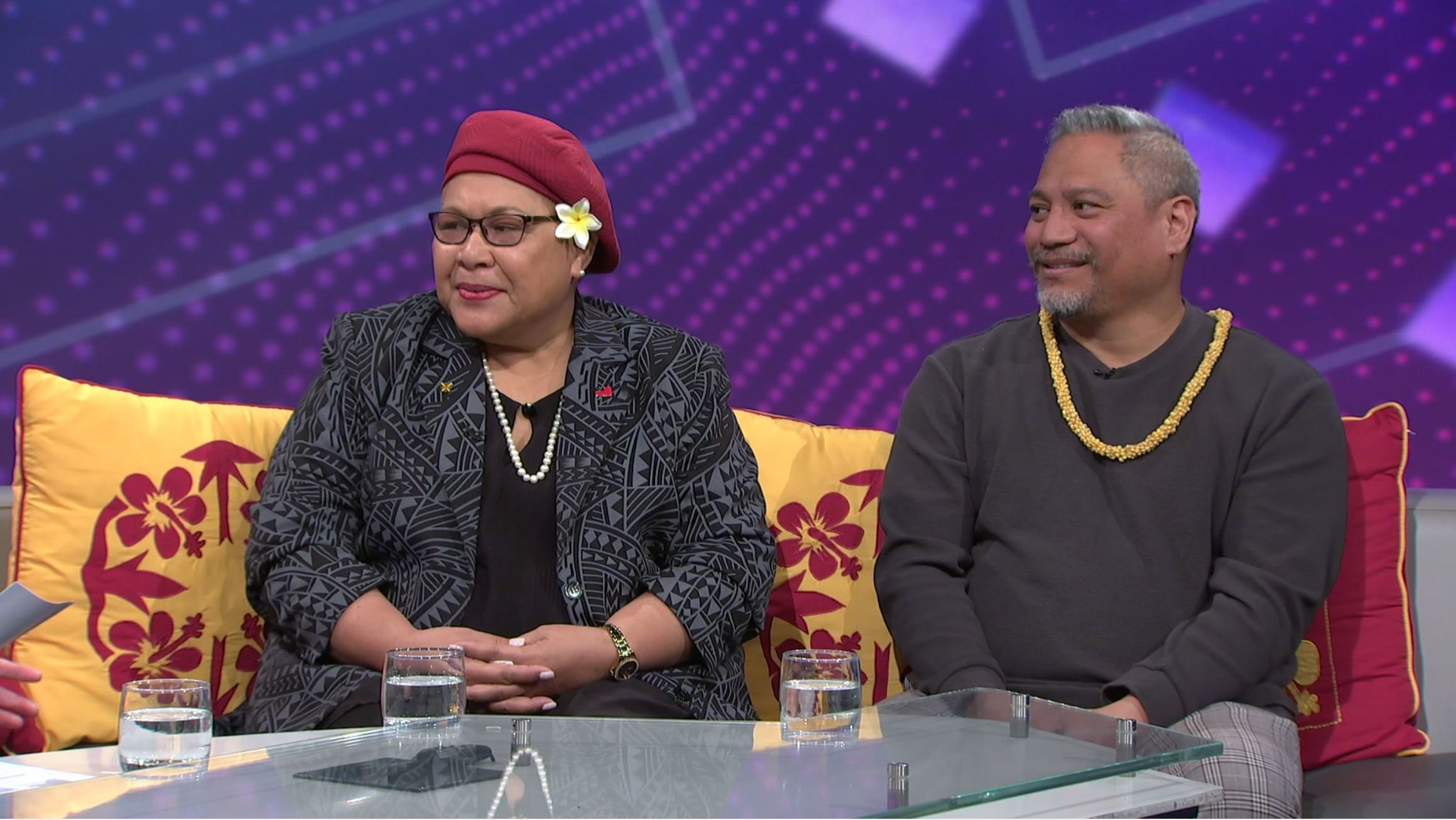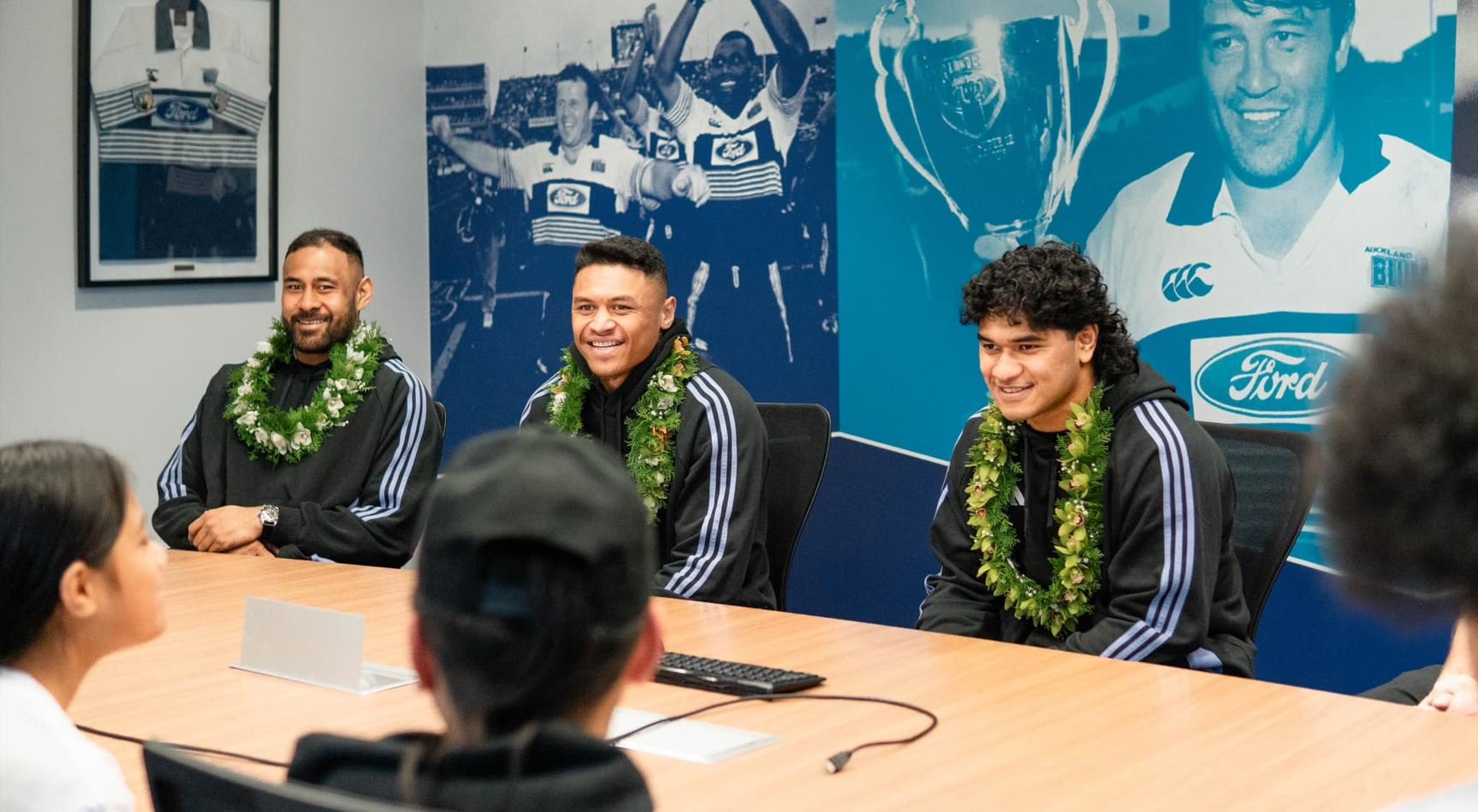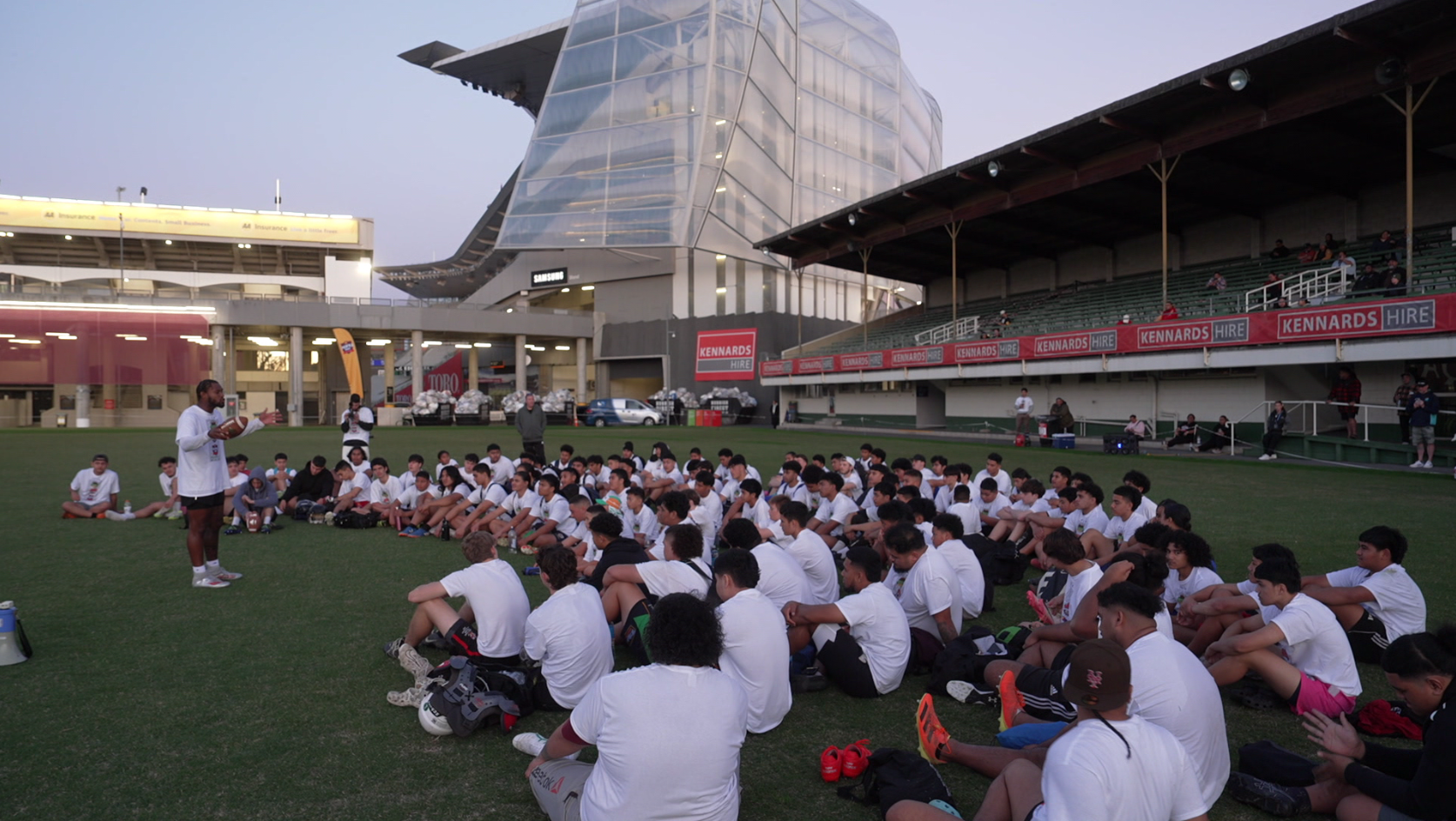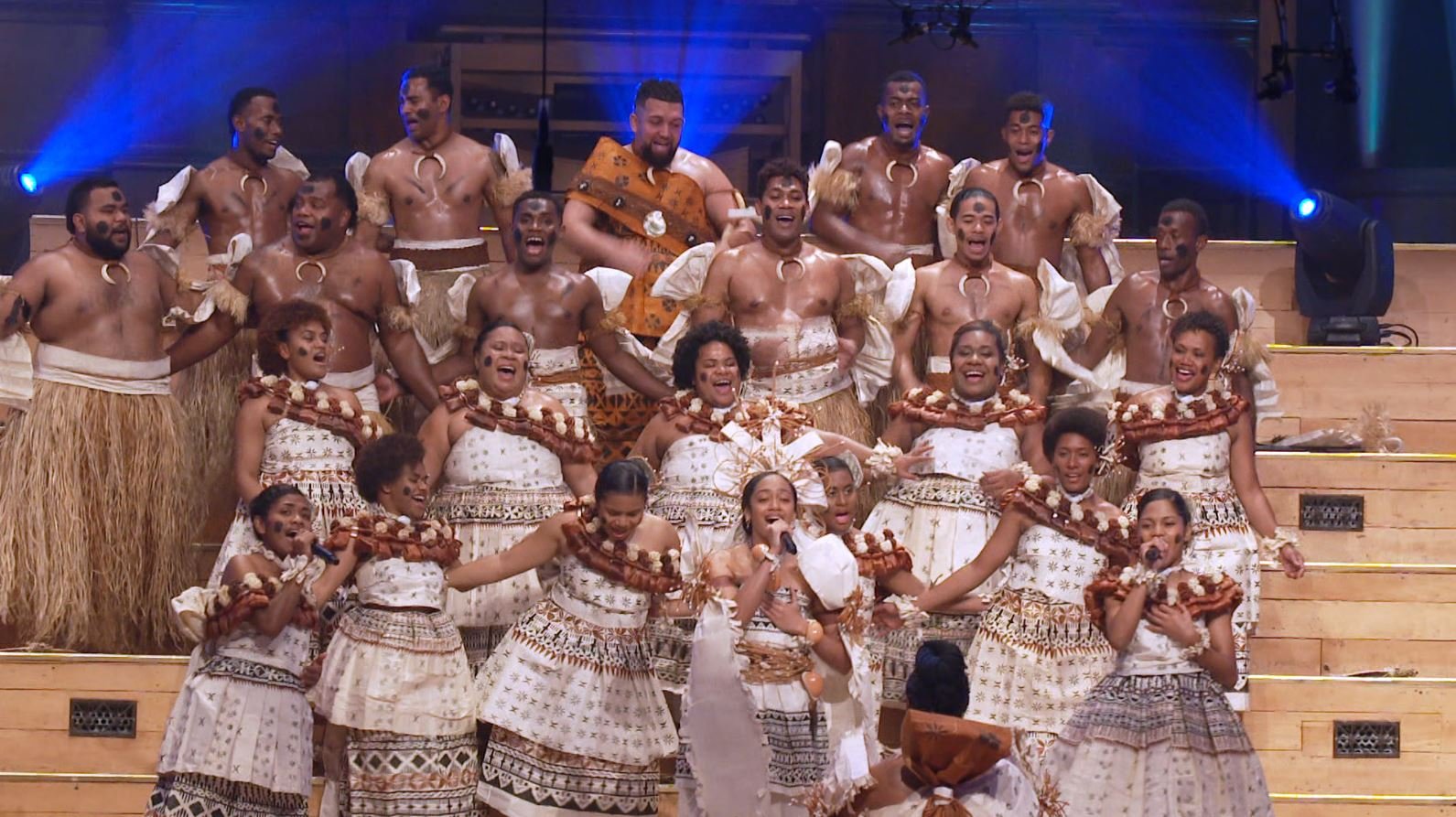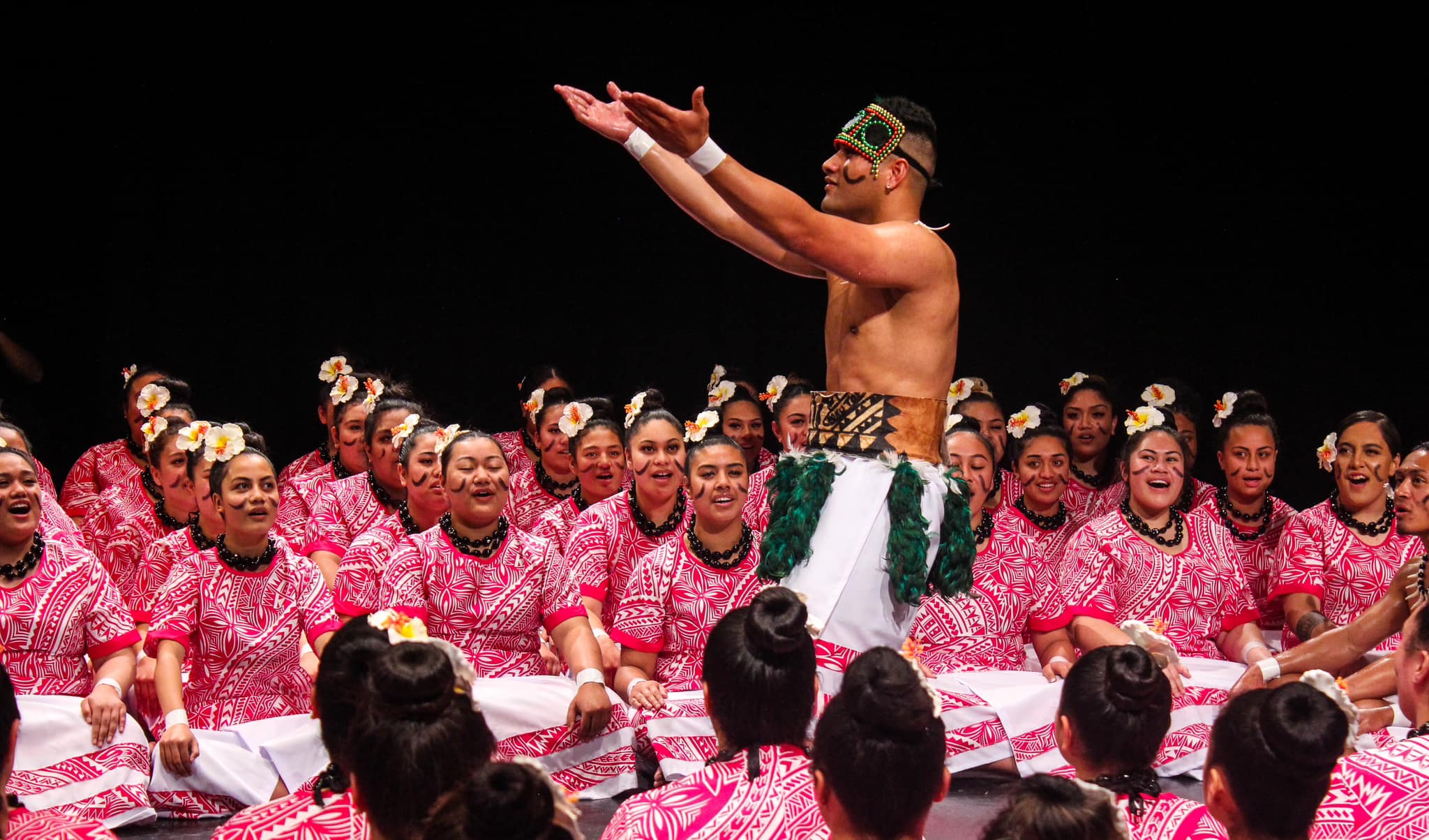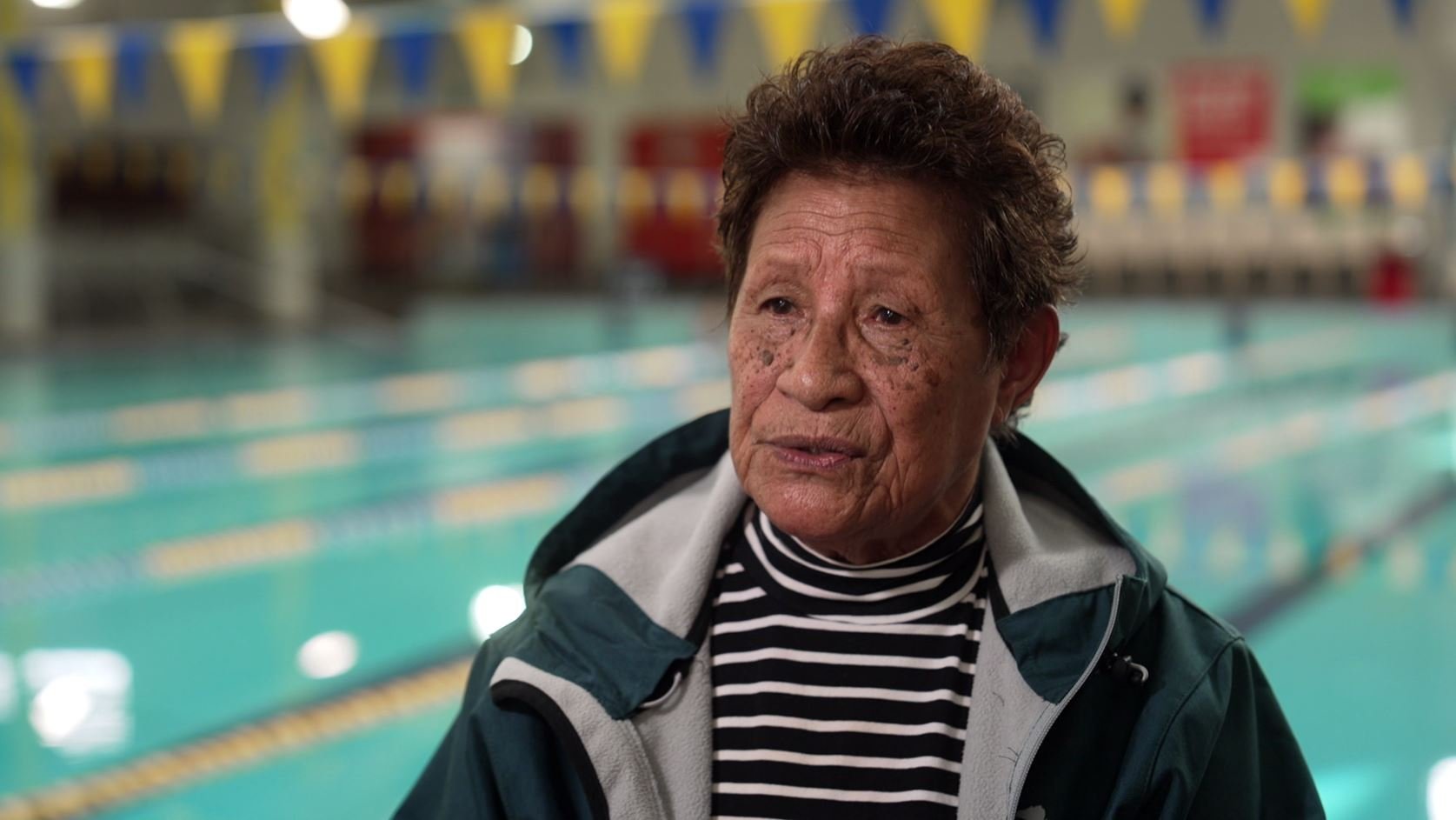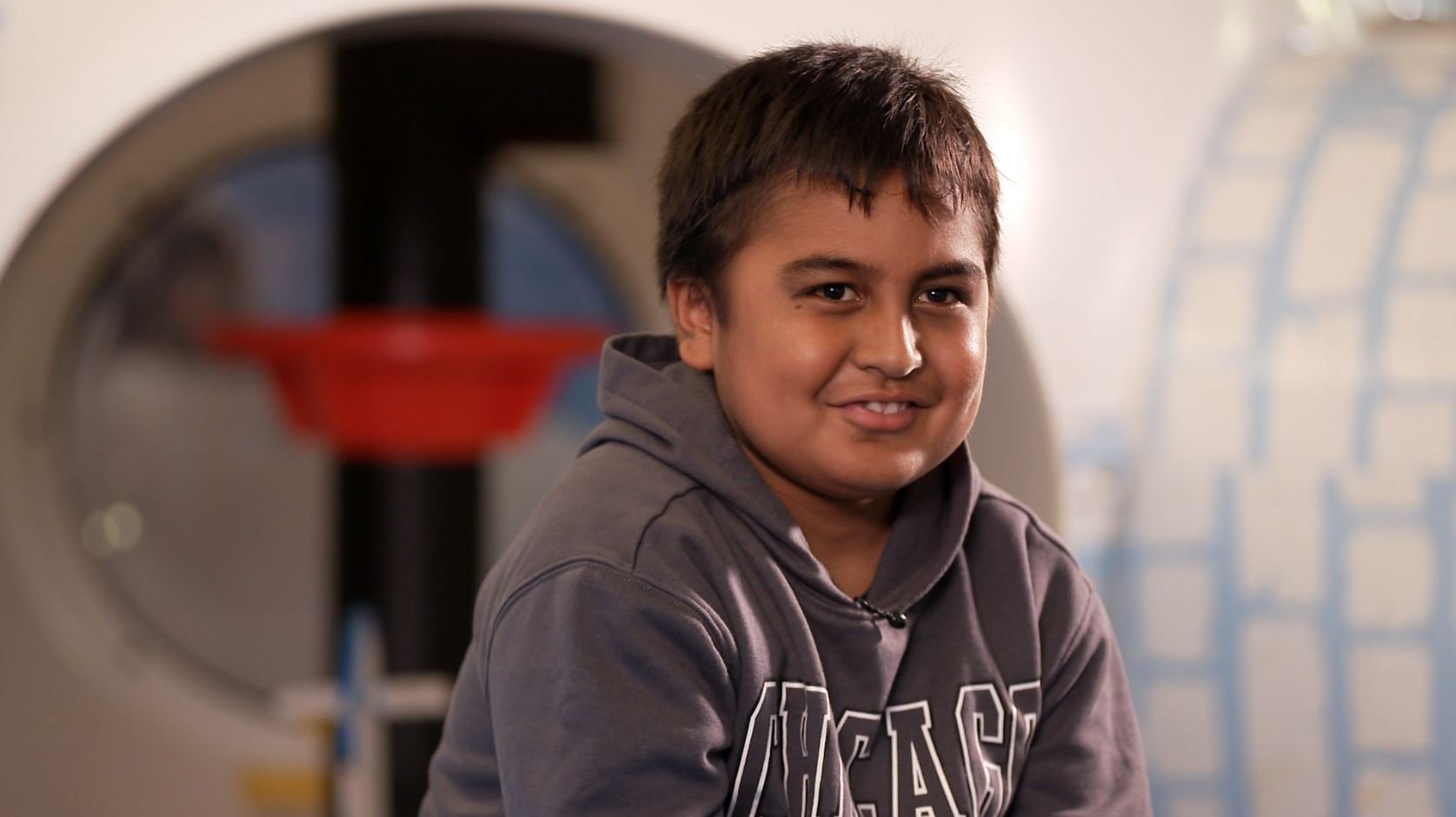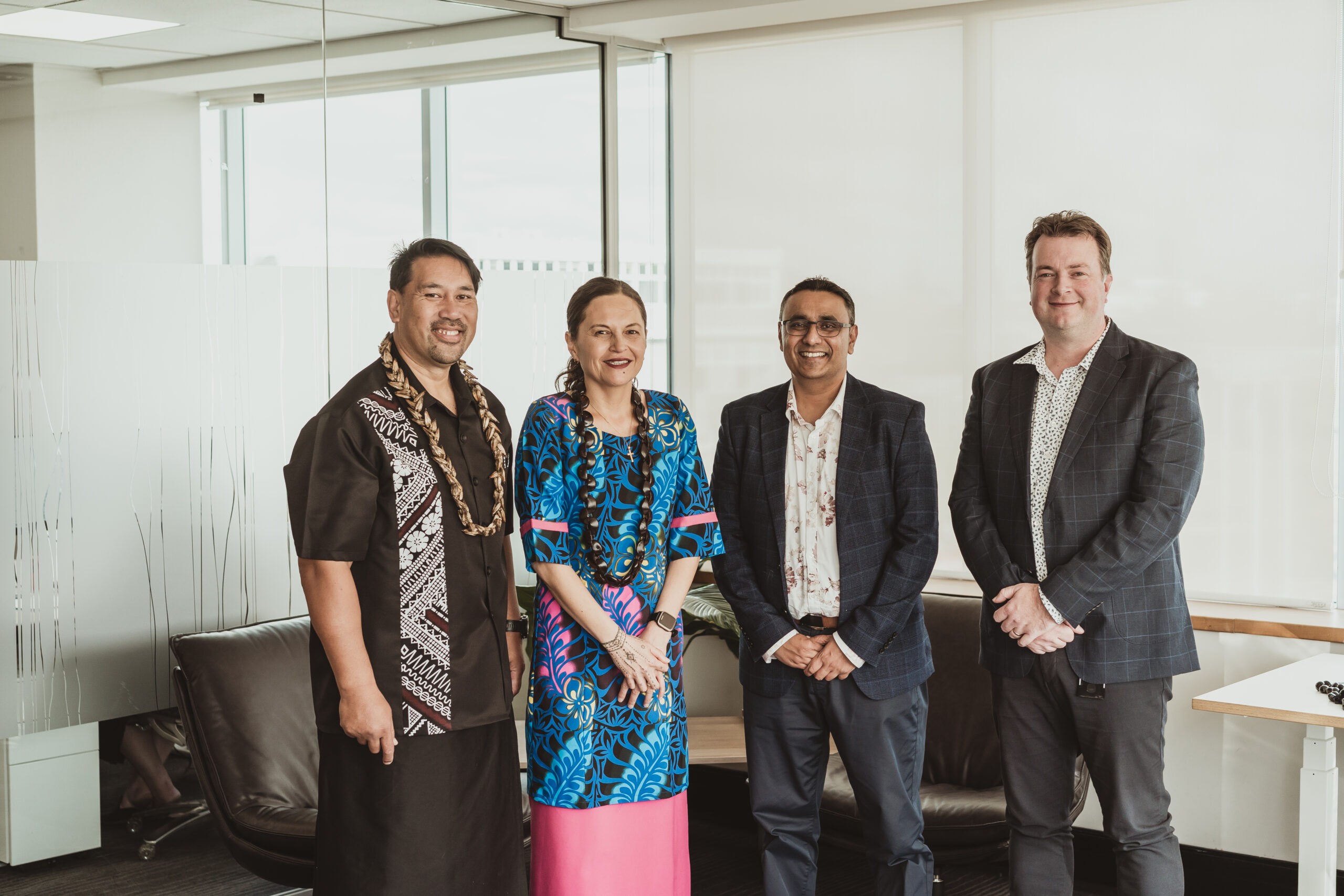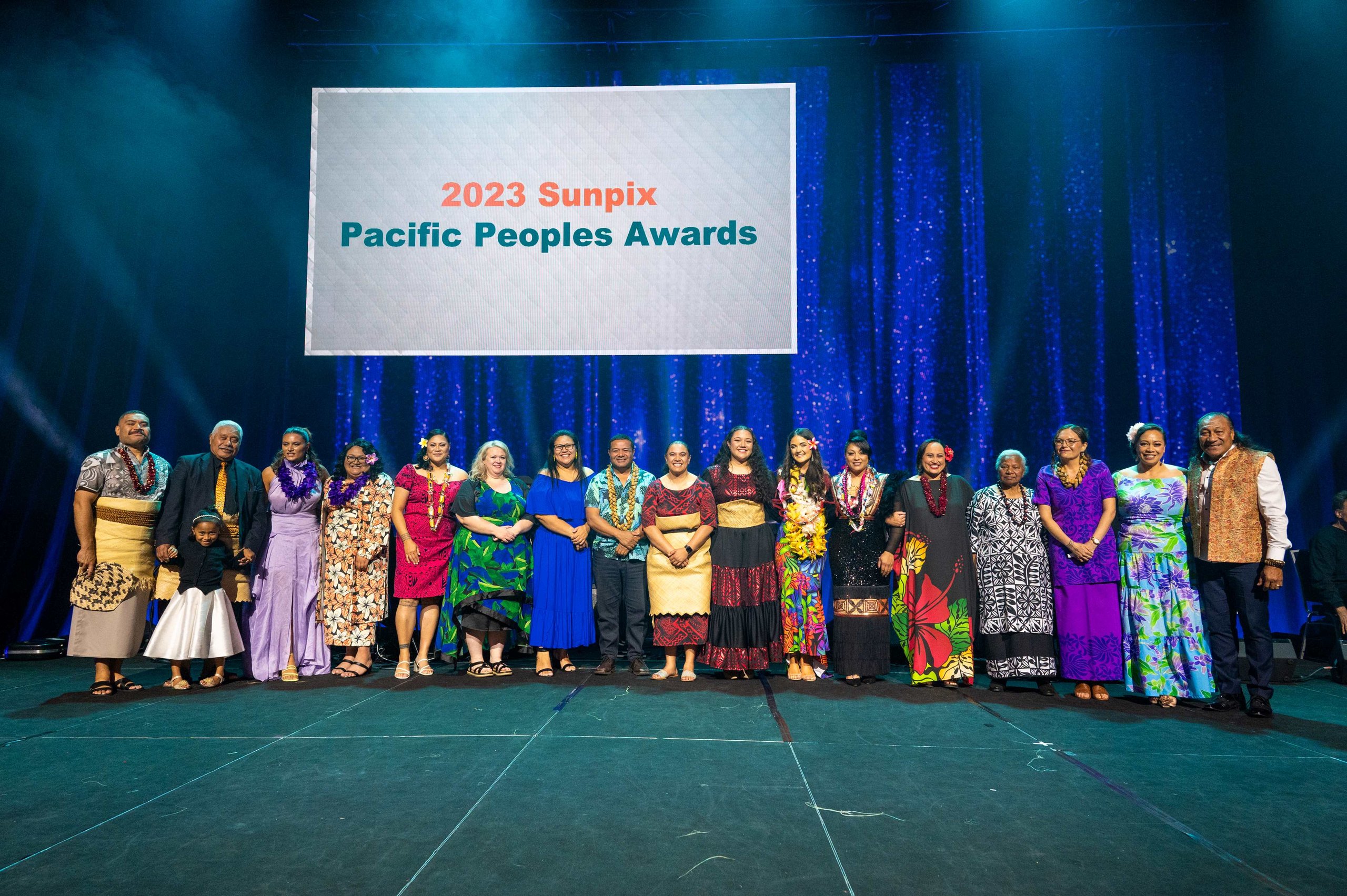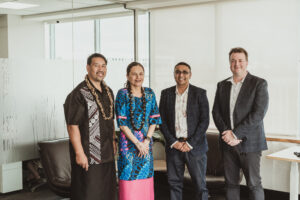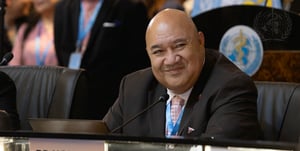Activist Shaneel Lal has been on the forefront of the fight to end conversion therapy. The New Zealand Government has now committed to banning the practice in 2022. While Shaneel has been awarded for leadership and impact, they have also become a target for abuse. Reporter Simone Kaho talked to Shaneel about the fallout from their activism, and why they say the fight for queer rights is a fight for indigenous rights.
In the beginning of 2019, the conversation to end conversion therapy had stalled. The Prohibition of Conversion Therapy Bill presented by Labour List MP Marja Lubeck in 2018 had not progressed into law and no one was talking about it..
At the time, Shaneel Lal, who’s pronouns are they and them, was 19, and on a gap year before starting university. They’d applied for and been accepted on international advocacy placements in England and Canada. They were also the youth MP representing Manukau East, and Jenny Salesa.
“Youth Parliament gave me that chance to hold politicians accountable,” Shaneel says. “And I just knew that had I not done anything about it when I had the opportunity, I would have really regretted it.”
Shaneel gave an impassioned three-minute speech demanding commitment to ending conversion therapy. “Make no mistake,” they said; “conversion therapy is not about praying the gay away… It’s about mentally and physically torturing the closet case to death!”
They received a standing ovation. Two years later, Shaneel, who’d by then founded the Conversion Therapy Action Group, stood on the steps of the Beehive with Green party MPs and a petition signed by 150,000 people calling for a ban on conversion therapy.
The same week the government committed to banning the practice in early 2022.
In the intervening two years Shaneel had been awarded the Pacific Cooperation Foundation Supreme Award for Inclusion, an Impact Award from charity Inspiring Stories, amassed 32,000 Instagram followers, and became a target for abuse.
“I have messages in my Instagram DMs, and I have emails telling me to kill myself,” Shaneel says. “I get death threats – a lot of them, every month – and they don’t stop. I even had people come to my house and leave a note on my door that said, ‘Go to hell, homo.'”
Shaneel was born in Fiji, into an iTauke and Girmitiya family. Growing up in Fiji as a queer person, Shaneel says, is not safe.
‘The term queer or gay or homosexual or any of the appropriate terms weren’t in our vocabulary; the only ones were derogatory terms, the ones that were slurs. So it wasn’t a real identity. In Fiji, it was more a joke,” Shaneel says. “I had to learn to be tough, to stand up for myself, if I wanted to live.”
Shaneel’s family moved to New Zealand when they were 14. In New Zealand, Shaneel says, “people were allowed to still be homophobic and transphobic in the name of freedom of speech and freedom of religion and freedom of expression”.
After becoming a Dux at Ōtāhuhu college and their notable gap year, Shaneel is now studying Law at Auckland University.
“When you study law, when you know the colonial system well, you can overthrow it,” Shaneel says. “And while we work towards overthrowing the system, I want to reduce the amount of harm that it does to our people.”
Shaneel’s work to protect “our people” includes both queer people and Pacific people, which is where their work becomes complex.
“Indigenous people pretend that queer issues aren’t their issues. But indigenous people cannot exist in systems that are anti-queer,” Shaneel says, “because queerness is inherently and fundamentally indigenous.” They point out how Pacific identities like fakaleitī, fa’afafine, mahu and takatāpui don’t correlate with the English version of being queer.
Although a ban against conversion therapy is coming into law, Shaneel is concerned about the impact on communities of colour.
“Anything that makes or creates a new criminal offense always affects people of colour disproportionately,” they say.
Shaneel is continuing work, with the Conversion Therapy Action Group, to push for an end to conversion therapy grounded in racial equity.
Activist Radhika Reddy, who works alongside Shaneel, has written a document laying out what community consultation, outreach and education could look like. They intend to engage Justice Minister Kris Faafoi, seeking commitment to some of these activities alongside and as part of developing the law.
Shaneel is still only 21, but they are committed to a long haul battle.
“Well, honestly, it’s difficult to imagine a world where queer people are free to just be. We do the work so people that come after us have it better. That they do not have to fight as hard as us and they do not have to go through all the things that we’ve been through.”
By Simone Kaho












